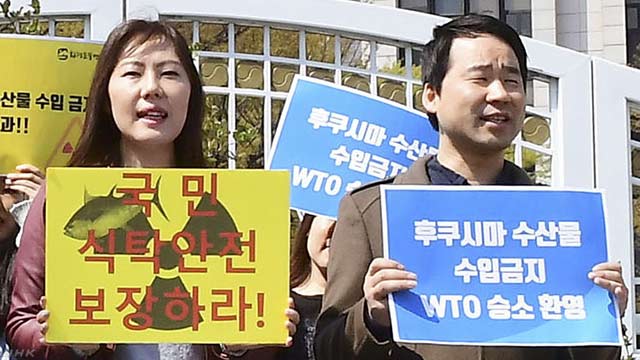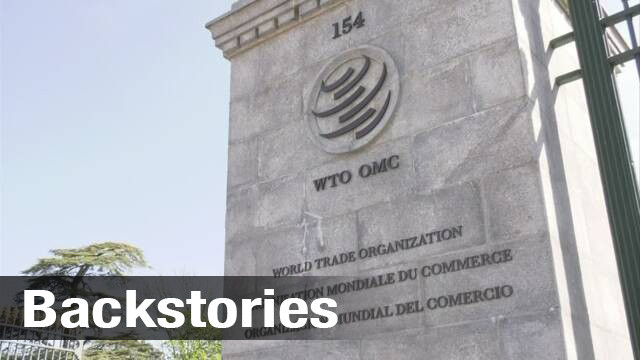For two years, the administration of US President Donald Trump has been blocking judge appointments for the Appellate Body. There are now only three remaining judges, which is the minimum needed to make a ruling. On December 10th, the terms for two judges will expire, meaning the body will be unable to function. Despite this, the Trump administration has shown no signs of giving in.
But why is the Trump administration doing this? Experts point to its ongoing trade dispute with China. The Appellate Body has made several rulings against the US, which has convinced Trump of a pro-China bias. This is despite the fact that the judges are appointed by experts and lawyers approved by every WTO member.
The WTO was founded to mediate disagreements and prevent trade wars. Its dispute settlement system gives it the legal authority to force member nations to adopt its rulings. The crippling of the Appellate Body comes at the worst possible time, when protectionism is rising around the world.
Many experts say the US efforts against the WTO are irrational, pointing out that the Appellate Body has also ruled in favor of Washington. In the recent case involving EU subsidies to airplane-maker Airbus, the WTO sided with the US.
But the US has also raised a number of issues that resonate with other member nations. One is the lack of enforcement of the requirement that the Appellate Body issue rulings within 90 days. Many cases take over a year to conclude. Furthermore, as the cases are prolonged, judges have been forced to stay on past the end of their terms.
Another is the accusation that the Appellate Body overreaches its authority. The court is supposed to recognize and respect the fact-finding carried out by lower courts. But some member nations say this has not been the case. Japanese government officials point to the case of seafood exports from Fukushima to South Korea. Even though the lower body recommended that South Korea remove its restrictions on the products, agreeing with Japan's claim that they were safe for export, the Appellate Body overturned the decision.

But despite this, experts say the Trump administration's move to put the Appellate Body in limbo is a mistake. Member nations will now be able to block any ruling by simply appealing. Cases will be stuck, with the Appellate Body unable to mediate. This means that the global trade order is effectively null.
The EU has drawn up agreements with Canada and Norway allowing appeals to be heard before ex-Appellate Body members. And Thailand and Vietnam have agreed to not appeal to the nonfunctioning body in some cases. These moves are part of a trend that is seeing countries find other ways to mediate disputes within the framework of the WTO. If the "Supreme Court" of trade remains paralyzed for much longer, similar agreements will likely become the norm.
Japan, the EU, and other WTO members have tried to persuade the US to reverse course. They have suggested making proposals to how the Appellate Body functions instead. But according to one Japanese official, "We are in a deadlock and haven’t found a way out of the tunnel."
While the WTO does need to be revamped after nearly 25 years of operation, the body has undeniably been crucial to protecting the global trade order.
The organization has often been criticized for its lack of speed because consensus among all 164 members is needed for a ruling. But its deliberation is necessary to ensure that major nations are unable to bully less powerful ones. This idea should not be abandoned at a time of such uncertainty.

